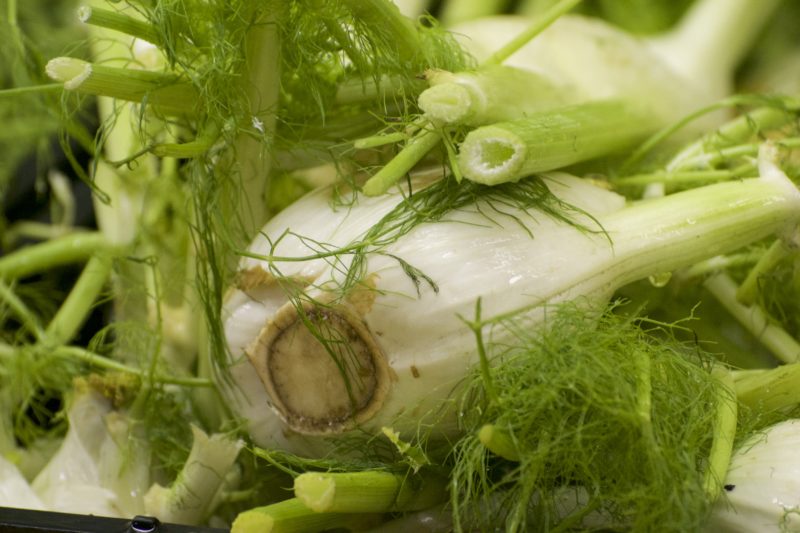

In 1993 we spent a sabbatical in Cambridge, England. That is D. spent it in some hallowed university hall. I spent it on a bike. One of those with a wire seat in front for the two year-old and a wire basket in back for the groceries. If I was lucky the six year-old biked next to me, if not he was half a mile in front of me in left hand traffic. Anything, in all weathers, to get out of the damp, cold, run-down rental apartment that made up for lack in amenities with the number of creepy crawlers populating the kitchen floor. The only thing in favor of the place was the fact that we found some serious money behind the couch cushions when searching for yet another lost Ernie or Bert puppet. Without blinking we took the money and bought a new mattress for the bedroom, getting rid of the old one – and I mean old, at least 500 years.
Our biking took us reliably to the play ground, to a pond with a black swan that endlessly fascinated the kids, and to the botanical garden. At that time it was not a great one, but a decent one. A number of aromatic plants had been planted on benches and walkways, mimicking the times when monks took an annual bath and otherwise hoped to conquer the stench by sitting on mint or thyme that released perfumes into their robes. That took care of the toddler who happily rolled around in them.
The grade schooler and I pretended to deal with some serious education – we walked long borders that had been designed to show each plant imported from afar to England according to its time of arrival – a mostly herbaceous border of true historical interest (and really fun to learn about, as it turned out). In any case, there were a lot of vegetables among the plants, which finally brings me to this week’s theme: vegetables and fruit. The German name is derived from the noun for mash or porridge (Mus) from agricultural crops. We’ve come a long way from there!

 “The Vegetable Stall” by Quiringh van Brekelenkam (1665)
“The Vegetable Stall” by Quiringh van Brekelenkam (1665)






Philip Bowser
I hope you are turning this into a book! It’s such a fun read…